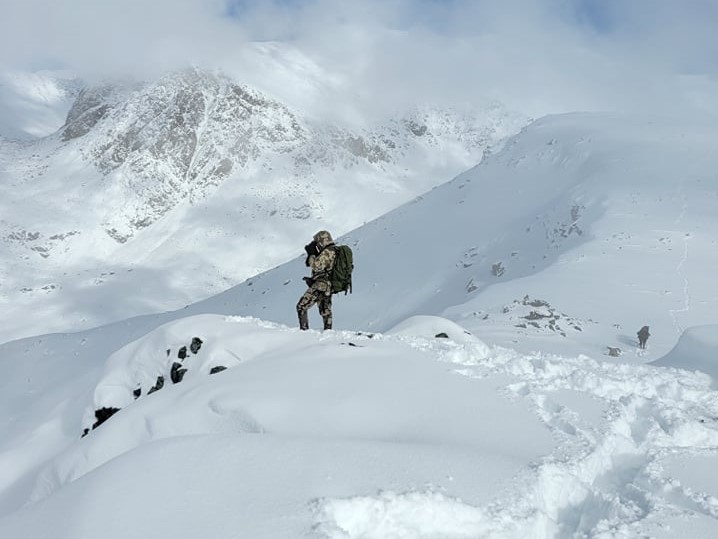6 Stages of a Hunter
Hunting is exciting. Predators hunt their prey in the wilderness, and humans have been doing the same for centuries. Tracking animals, observing tracks, trails and scat, holding a weapon such as a firearm or a bow, hunting is a passion, and not all hunters are hunting animals for the same reasons and motivations.
Some hunters will go through all these six stages during their hunting life while others will stick to one or two specific ones. The motivation of each hunter depends on their mindset and evolves as they pass from one stage to another. It is usually later in their hunting lives that hunters start focusing on the overall experience. Only a few hunters reach the give back stage.
We summarized the different stages of the hunter's evolution during their hunting life:

Stage 1: The shooting stage
When first discovering hunting, the hunters also discover weapons. Shooting targets and animals is their main objective. These hunters want to shoot quickly, usually at the first animal that appears. That eagerness can lead to bad decisions such as choosing the wrong animal, injuring an animal instead of killing it or endangering others. By getting target practice, being well mentored and gaining experience, the hunter usually moves on to the next stage.
Stage 2: The limiting out stage
These hunters want to bag the limit. By pursuing the drive to limit out, the hunters might put themselves or others at risk by taking unsafe shots or misidentifying targets in the zeal to limit out. By gaining experience with more mature hunters, they will move into the next stage.
Stage 3: The trophy stage
Quantity is no longer what the hunter is looking for but quality. The hunters come with a trophy goal in mind and are very selective, they will pass on many opportunities if they do not match the desired trophy characteristics. Big game species are the main targets of the trophy hunters, and their main motivation is the challenge of the quality.
Stage 4: The method stage
These hunters start focusing on a more challenging weapon like bow or black powder rather than on the kill. The hunters are looking for a challenging process and method. An easy target is not what they are looking for, they want to have a story to tell, not only an animal on the wall.
Stage 5: The sportsman stage
These hunters are even more focused on the adventure. The hunters hunt for an immersive wilderness experience where the animal, the hunting method, the challenges, and the companionship all count as equal for the appreciation of the hunt.
Stage 6: The give-back stage
These hunters see hunting as an experience that contributes to wildlife conservation. For 6th stage hunters, educating and introducing new hunters to the sport is the best way to share their knowledge and experience. Learning about the local habitats and wildlife populations makes the most of the hunters' experience. They know which animal to take and which one to pass on.
5% of every hunt goes towards
conservation initiatives in the Chilcotin Ark

STAY UPDATED